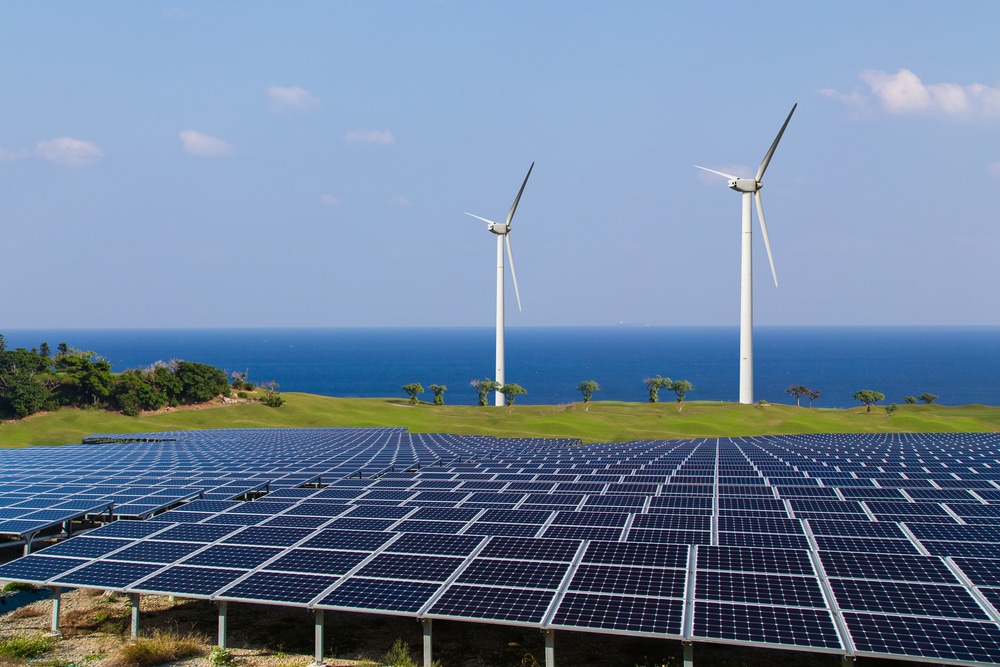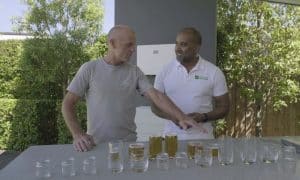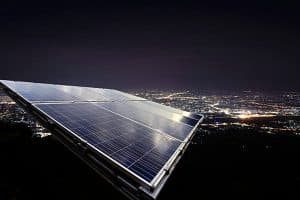Newcastle and the Hunter Valley have always been known for the coal produced in the region. That is all set to change with ground-breaking plans to turn the Upper Hunter Valley into “Hydrogen Valley” in a scheme that would see the region become 100 per cent fuelled by renewable energy.

A consortium of local and global energy companies has been put together to make the ambitious project a reality, led by renewables advisory business Energy Estate. The $2 billion proposals would see wind and solar farms used to power hydrogen electrolysers which would, in turn, create feedstock for mining, transport and the local industrial sector. Put short, it could replace the local coal mining industry with a clean, green alternative.
Proponents confident Hydrogen Valley can proceed without government support
While the Hunter Valley gears itself to transition to renewables, the Federal Government remains steadfast in its support of fossil fuel with a $600 million gas plant proposed for the region.
The 660 MW plant will be constructed at Kurri Kurri in the New South Wales Hunter Valley with government-owned company Snowy Hydro Limited to complete the task.
The announcement has been labelled “appalling” by Climate Council Australia while the International Energy Agency says no more fossil fuel projects should be approved.
The Morrison government has also committed $275m in the 2020/21 budget over five years to help develop five hydrogen hubs in regional areas, including the Hunter Valley.
Energy Estate principal Vincent Dwyer said the proposal had not been tabled with the Federal Government, and they would not be seeking assistance for “the cost of electrons”. Still, they would look to work with the Commonwealth on infrastructure planning.
Stage 2 could see green steel production
Outside of coal, Newcastle’s industrial estate is well known for its steel production.
For almost a century, children grew up in the steel city knowing that the critical ingredients for steel were iron ore, coal and limestone and excursions through the local steelworks were a regular occurrence.
If you didn’t work in the coal mines throughout the Hunter, you worked in the steelworks in the industrial estates of Newcastle.
BHP commissioned the first steelworks in 1915, and it was a vital part of the local economy until its closure in 1999. Several failed attempts at reviving Newcastle’s standing as a Steel City have fallen over, but this hydrogen announcement could be the catalyst for that revival.
Hydrogen can be used in steel production, replacing coal without any dangerous byproducts like greenhouse gases. This process is becoming more and more affordable, and Australia has already signed an agreement with Asian nations to export our hydrogen to create their green steel.
Newcastle could rise from the ashes to become Australia’s first green steel manufacturing hub with stage two of this scheme set to pipe hydrogen to Newcastle, to run a clean energy industrial precinct.
There is potential for a third stage to expand the project with another hydrogen pipeline to supply New South Wales’ central west and New England renewable energy zones.
Get a quick free solar quote, or contact us today toll-free on 1800 EMATTERS or email our friendly team for expert, obligation-free advice!







































